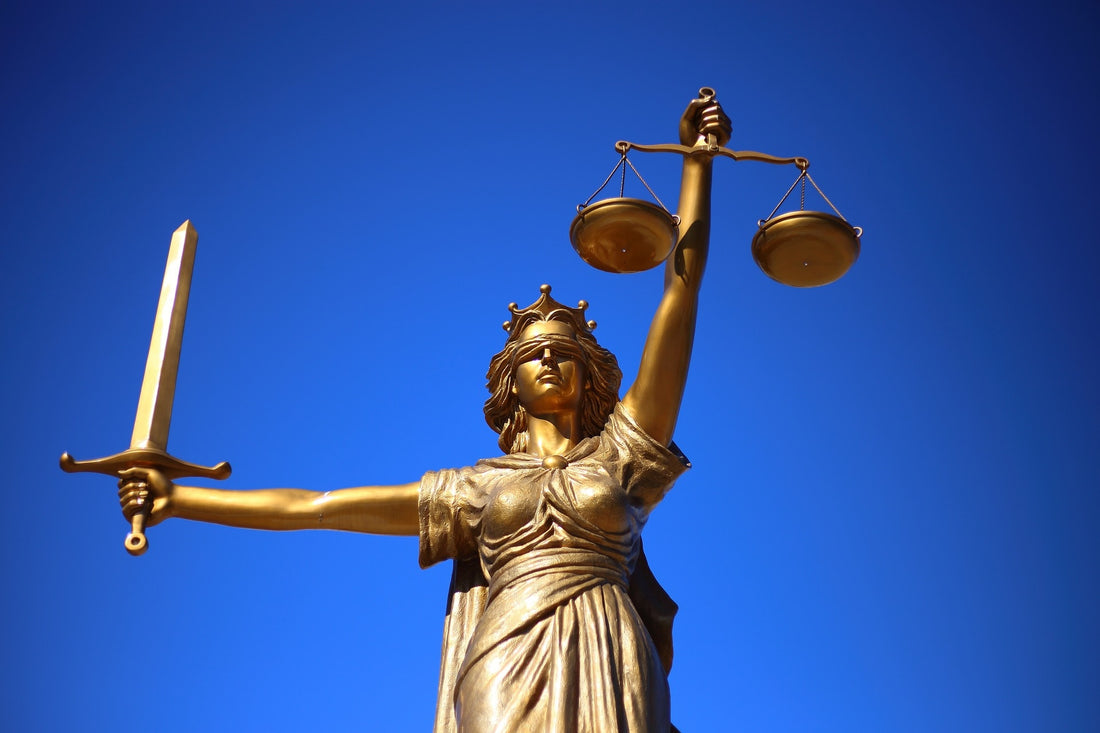The tendency to search for, interpret, favor, and recall information in a way that confirms or supports one's prior beliefs or values. People display this bias when they select information that supports their views, ignoring contrary information, or when they interpret ambiguous evidence as supporting their existing attitudes. The effect is strongest for desired outcomes, for emotionally charged issues, and for deeply entrenched beliefs. Confirmation bias cannot be eliminated entirely, but it can be managed, for example, by education and training in critical thinking skills.When we believe something to be true we search out evidence supporting those feelings at the expense of evidence to the contrary. We do not like being wrong. We see a lot of this in high-end audio. On the one hand, those of us believing every aspect of the signal chain has an audible impact are constantly on high alert for supporting evidence. On the other hand, those believing none of this has any impact on sound quality are doing exactly the same thing. One of the beauties of high-end audio is what I like to call the Ultimate Truth. Regardless of your bias, there is always a final arbiter. The sound of live, unamplified music.
Confirmation bias
by Paul McGowan
Wikipedia describes Confirmation Bias as this:
- Choosing a selection results in a full page refresh.
- Opens in a new window.







